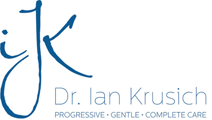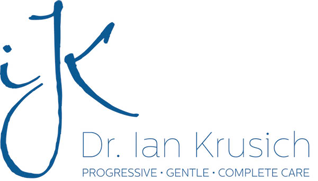Restore Your Smile — Beautifully and Comfortably
Small imperfections in your teeth don’t have to mean big dental work. At Krusich Dental in Leawood, KS, Dr. Krusich offers composite bonding and tooth-colored fillings to repair damage while keeping your smile looking completely natural.
These treatments blend in perfectly with your surrounding teeth, making them ideal for repairing cavities, chips, cracks, and minor gaps — without the metal look of traditional fillings.
What is Composite Bonding?
Bonding uses a tooth-colored resin to fix minor cosmetic issues such as:
- Chipped or worn edges
- Small gaps between teeth
- Slightly misshapen teeth
- Surface cracks or stains
The resin is carefully shaped, hardened with a special light, and polished to match the rest of your smile.
Tooth-Colored Fillings for Cavities
When decay is removed, we restore the tooth using a durable, natural-looking composite material. Unlike silver amalgam fillings, tooth-colored fillings:
- Blend seamlessly with your natural teeth
- Require less removal of healthy tooth structure
- Bond directly to your tooth for added strength
Our Gentle, Personalized Process
- Exam & Consultation – We evaluate your tooth and discuss whether bonding or a filling is best.
- Preparation – Minimal shaping is done to preserve as much healthy tooth as possible.
- Application – Composite resin is applied in layers, shaped, and hardened.
- Polish & Finish – We smooth and polish the restoration for a flawless look.
Why Patients Choose Us
- Natural-looking, durable results
- Quick, comfortable treatment — often in one visit
- No metal, no dark spots in your smile
- Friendly care tailored to your needs
A healthy, beautiful smile is only one visit away. Call our team today to schedule your appointment.
Helpful Links
- See all of our cosmetic and restorative treatments
- Learn how we restore larger damage with dental crowns
- Keep your restored teeth healthy with regular hygiene visits



